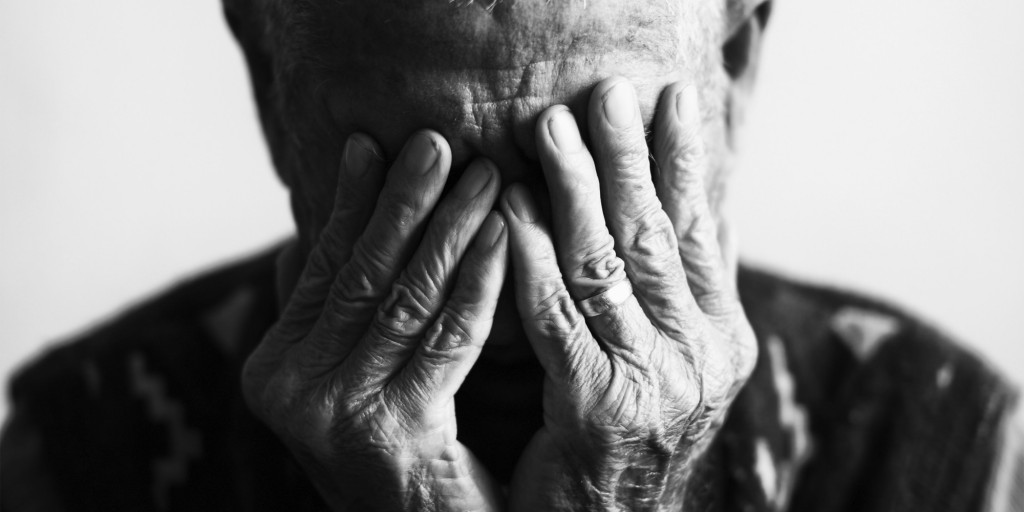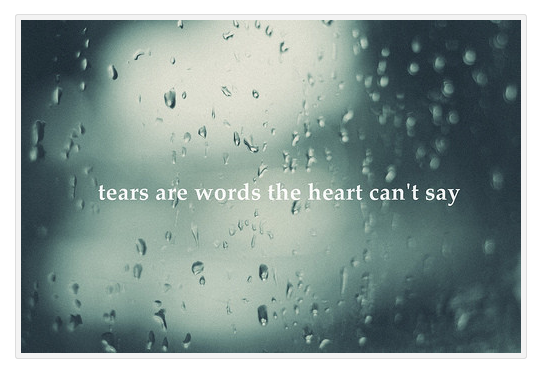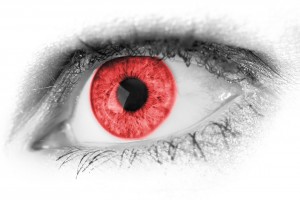
When a friendship gets toxic or it starts to impact one’s peace of mind, one can choose to move on and change the status of the relationship from “friends” to “not friends anymore”, but family relations are a different story altogether. Whether you like them, dislike them, find them needy, toxic or frustrating, the relationship is often there to stay. Family relationships can be complicated with their unique histories and their potential to significantly impact the quality of our lives. So how do you deal with close family members who drive you mad?
First, every relationship involves two people and if we are talking about a relationship of your life then YOU are a 50% stakeholder. While it may seem like your relationship is like a car with the other person driving it and you relegated to being a hapless passenger, in reality, a relationship is more like a boat that requires two people to row, to keep it moving. So, despite how you feel, you do have an influential role to play in the ongoing and future quality of the relationship. Here’s a list of 7 steps that you can take to make things better:
1. Stop trying to change this person
When we witness the family member behave, repeatedly, in ways that we disapprove of, we would inevitably want to change them. There are three reasons why this strategy will bomb. One, it is practically impossible to change the behavior of another person unless they are motivated to change. Secondly, the constant need to change someone and the equally consistent failure to do so, can leave you feeling deeply frustrated and deteriorate the situation further. Thirdly, the more you point out mistakes or make suggestions for improvement, the more they will see it as your way of rejecting them and they could feel resentful or inadequate. Hence a better strategy would be to consider modifying your own thoughts and responses, so as to feel more at peace.
2. Recognize the trigger points and refuse to rise to the bait
There are bound to be certain topics that tend to drive you and probably even the other person into a tizzy. Identify these in advance and reflect on how you would ideally want to respond to them whenever they come up. Steer clear of engaging in heated arguments around these subjects. Whenever it does come up, pay attention to your breath and the rising temptation to react emotionally. Keep breathing deeply and exhaling completely and allow the moment to pass without an outward reaction. If possible convey to the other person in an even and firm tone that you would prefer not to talk about the matter or that you would prefer to do it later, when you are in a better frame of mind. If the other person still continues, repeat your message and move away physically.
3. Slowly wipe out the toxicity in the relationship
It may have been weeks or months or even years since you had a happy or positive interaction with the family member in question. But it doesn’t have to stay that way. Take out time to list down the things that you like or had liked about this person, including the smallest and most insignificant of their positive characteristics. You may not be very motivated to think about this person’s positive traits but make the list anyway. Whether it is their warmth towards kids, trusting you with their finances, keeping things tidy, remembering dates important to you, getting repair work done, every single thing counts. Once you have the list, make a note every time you see these behaviors and genuinely appreciate these acts. Start small by acknowledging it to yourself and slowly progress towards expressing the appreciation to them verbally. Initially it may feel awkward. But as you continue it will feel more natural and easier. Genuine appreciation and acknowledgment are powerful ways of making people feel more valued and loved and create connection.
4. Review the story you are telling yourself
Thinking “My sister always makes fun of me because she loves putting me down and feeling superior” will make one feel resentful and hurt; A thought like “my husband keeps nagging me because he doesn’t trust me to do a good job” could lead to feelings of sadness and helplessness; Another thought like “my daughter doesn’t spend time with me because she thinks I am boring and stupid” may leave one feeling upset and powerless. The fact that your sister jokes about you may have nothing to do with you and may be her way of trying to keep things light; a nagging spouse may be doing so to hold on to a sense of connection. Similarly, the daughter’s indifference may have little to do with your capabilities as a parent and more to do with her preoccupation with what’s going on in college. Write down your assumptions and question their validity. As you can see, changing the narrative inside our heads has the power to change the way we feel. Opting for the most charitable interpretation of the other person’s actions can be empowering for you and lead to more harmony.
5. Listen deeply
Especially with family members we do not use our listening skills well. We judge them far more than the people we meet less often. Hence, even before they have completed a sentence we jump to conclusions about their message and their intent. Try to really listen. Don’t interrupt. Instead of thinking up of a fitting comeback, pay attention to what they are trying to convey. What are they feeling as they are speaking? What emotional need are they wanting fulfilled? Listening is a fundamental way of making a person feel respected and valued. This helps the speaker to calm down, become less defensive and if they feel fully listened to, they may even be willing to listen to your point of view. Good listening goes a long way in calming things down.
6. Have compassion – for yourself and for them
Charity begins at home and compassion begins with self. When you try to attempt the above steps there will be times when you don’t succeed and feeling frustrated as a result is only expected. Whenever you feel frustrated, remind yourself that you are suffering too. Offer yourself words of empathy, love and comfort. Here’s an example of how to offer yourself compassion – silently say to yourself, “This is painful for you. You are human and all humans make mistakes. I am here for you and I love you!”
When you practice compassion with yourself, it becomes easier to feel compassionate to others. Remember that they are doing the best they can, based on what they know and believe. They too want to live a good life and feel loved and valued by others.
7. The “Brahmastra” (ultimate weapon)
There are those times when a family member will keep saying hurtful things and/or continue to ceaselessly complain despite your repeated requests to stop. At this point, visualize the pain inside of that person and mentally keep sending them love and blessings. It may sound counterintuitive and silly. But this one method cannot fail you. As they continue with their rants, keep repeating words of love or blessings like “I love you, I love, I love you” or “May you find peace, healing and joy. May you find peace, healing and joy”, mentally. Visualize a loving energy flowing from your heart to theirs while doing that. You will feel a change in them, as well as yourself.
If all else fails and you still feel triggered by this family member, consider shifting your residence (if that is an option), at least temporarily. Even close family relationships may sometimes be beyond repair. In such cases the kindest thing you can do to yourself and the other, is to move away and with time forgive them and yourself. Remember that it is not people who are difficult, but contradictory views and behaviors that get challenging. At times the change required may be in you and not the other. It is easier to blame others for our frustrations than to bring about change in ourselves. Staying a victim can be a subconscious coping mechanism to avoid taking responsibility. That is not always the case though.
In conclusion people are designed to be different. These differences have the potential to make life more meaningful and interesting. Conflicts and disagreements, thus give us opportunities to widen our world view, transform our relationships and help us grow.
We hope this article helps you! Do leave your thoughts in the comments below. For more on Mental Health and Emotional Wellness, check out Healthy Reads or speak to a certified expert by subscribing to GOQii’s Personalised Health Coaching here.
#BeTheForce


 You watch an invigorating dance performance on YouTube and feel your heart race and blood sing in your veins. Your love for dance has once again been roused. The image of you enthralling an auditorium full of people with your outstanding dance performance flashes through your mind – A dream you had nursed throughout your teens and 20’s. You close the door to your room, put on some music with fast beats and dance energetically in the safety of your room. You almost make up your mind that you are going to enroll for a dance class and perform to an audience sometime soon. But as the night passes and the new day breaks, you remind yourself that you have to be “practical”…
You watch an invigorating dance performance on YouTube and feel your heart race and blood sing in your veins. Your love for dance has once again been roused. The image of you enthralling an auditorium full of people with your outstanding dance performance flashes through your mind – A dream you had nursed throughout your teens and 20’s. You close the door to your room, put on some music with fast beats and dance energetically in the safety of your room. You almost make up your mind that you are going to enroll for a dance class and perform to an audience sometime soon. But as the night passes and the new day breaks, you remind yourself that you have to be “practical”…










